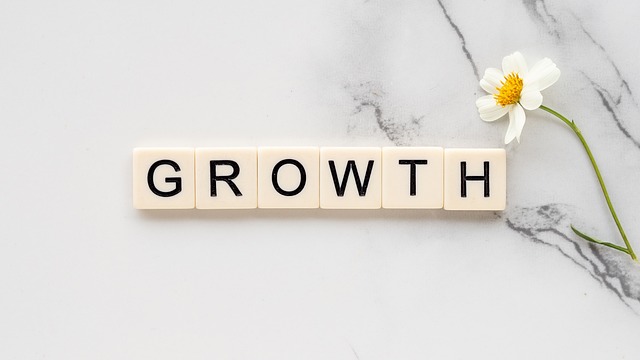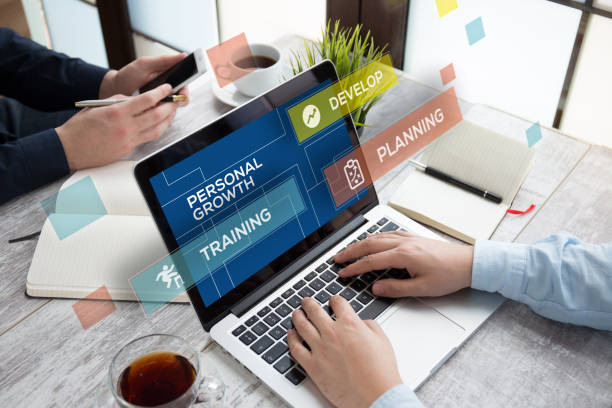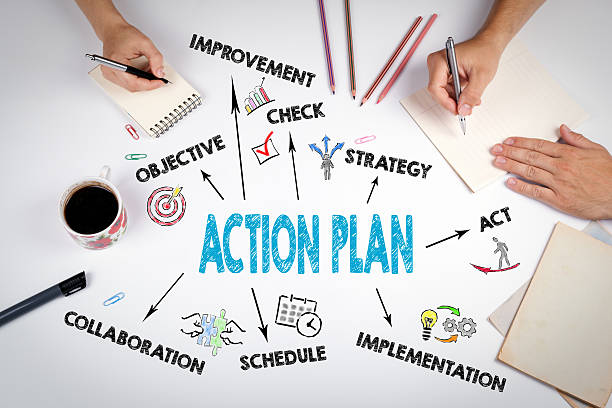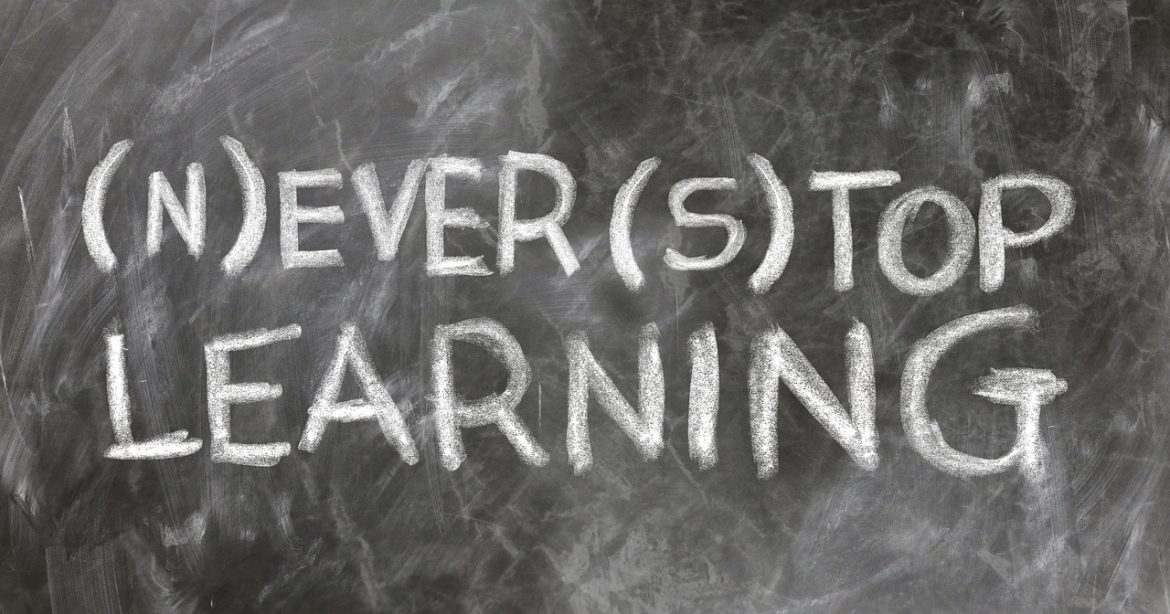Personal development is a lifelong process of self-improvement in various areas of life, including emotional, intellectual, physical, and social aspects. It involves setting goals, acquiring new skills, building positive habits, and continuously seeking growth opportunities. Whether you’re aiming for career advancement, better relationships, or greater overall satisfaction, personal development is the key to unlocking your full potential. This article will explore the importance of personal development, the key areas to focus on, and practical strategies for continuous growth.

The Importance of Personal Development
- Self-Awareness:
- Personal development begins with self-awareness, the ability to understand your own emotions, strengths, weaknesses, values, and motivations. Self-awareness is crucial because it provides the foundation for making informed decisions, setting realistic goals, and understanding how you interact with others.
- By becoming more self-aware, you can identify areas where you need improvement and recognize the behaviors and thought patterns that may be holding you back. This awareness allows you to take control of your personal growth journey.
- Goal Setting:
- Setting goals is a central component of personal development. Goals give you direction and purpose, helping you focus your efforts on what truly matters. Whether your goals are related to your career, health, relationships, or personal interests, having clear, specific, and achievable goals can motivate you to take consistent action.
- It’s important to set both short-term and long-term goals. Short-term goals provide immediate targets to aim for, while long-term goals give you a bigger vision to work towards. Regularly reviewing and adjusting your goals ensures that they remain relevant as you grow and change.
- Continuous Learning:
- Lifelong learning is essential for personal development. The world is constantly evolving, and staying adaptable requires a commitment to acquiring new knowledge and skills. Continuous learning can take many forms, including formal education, online courses, reading books, attending workshops, or learning from others’ experiences.
- Expanding your knowledge not only enhances your professional capabilities but also enriches your personal life. It can open up new opportunities, increase your confidence, and keep your mind active and engaged.
- Improving Emotional Intelligence:
- Emotional intelligence (EQ) refers to the ability to recognize, understand, and manage your own emotions, as well as those of others. High EQ is associated with better communication, stronger relationships, and effective leadership.
- Developing emotional intelligence involves practicing empathy, improving your communication skills, and learning how to manage stress and emotions in challenging situations. Enhancing your EQ can lead to more fulfilling interactions and a greater sense of well-being.
- Building Resilience:
- Resilience is the ability to bounce back from setbacks and challenges. Life is unpredictable, and personal development includes preparing yourself to handle difficulties with grace and perseverance.
- Building resilience involves developing a positive mindset, maintaining a support network, and practicing self-care. By strengthening your resilience, you can face obstacles with confidence and continue moving forward, even in the face of adversity.

Key Areas of Personal Development
- Physical Health:
- Physical health is the foundation of personal development. Without a healthy body, it’s challenging to achieve other goals. Regular exercise, a balanced diet, sufficient sleep, and regular medical check-ups are essential components of maintaining physical well-being.
- Developing healthy habits, such as regular exercise and mindful eating, contributes to increased energy levels, better mental health, and overall life satisfaction. Physical health is closely linked to other areas of personal development, as it directly affects your ability to pursue goals and handle stress.
- Mental and Emotional Health:
- Mental and emotional health is crucial for overall well-being. This area of personal development involves managing stress, building emotional resilience, and cultivating a positive mindset.
- Practices such as mindfulness, meditation, journaling, and therapy can help you manage emotions and maintain mental clarity. Developing mental and emotional health allows you to navigate life’s ups and downs with greater ease and fosters a sense of inner peace.
- Career Development:
- Career development is a significant aspect of personal growth. It involves advancing your professional skills, exploring new career opportunities, and aligning your work with your passions and values.
- Investing in career development might include pursuing further education, seeking mentorship, networking, or developing leadership skills. A fulfilling career not only provides financial stability but also contributes to your sense of purpose and achievement.
- Relationships and Social Skills:
- Strong, healthy relationships are a key part of a fulfilling life. Personal development in this area includes improving communication skills, practicing empathy, and building meaningful connections with others.
- Developing social skills, such as active listening and conflict resolution, enhances your ability to build and maintain positive relationships, both personally and professionally. Healthy relationships contribute to emotional support, personal growth, and overall happiness.
- Financial Management:
- Financial stability is an important aspect of personal development. Managing your finances effectively allows you to achieve your goals, reduce stress, and secure your future.
- Personal development in financial management involves budgeting, saving, investing, and planning for long-term financial goals. Developing good financial habits ensures that you have the resources to support your ambitions and live comfortably.
Practical Strategies for Personal Development
- Set SMART Goals:
- Ensure your goals are Specific, Measurable, Achievable, Relevant, and Time-bound (SMART). This framework helps you create clear and actionable goals that are more likely to be achieved.

- Create a Personal Development Plan:
- A personal development plan (PDP) is a roadmap for your growth journey. It outlines your goals, the skills you need to develop, and the steps you will take to achieve them. Regularly review and update your PDP to reflect your progress and any changes in your priorities.
- Practice Self-Reflection:
- Regular self-reflection helps you assess your progress and make necessary adjustments. Set aside time each week or month to reflect on your achievements, challenges, and the lessons learned. Journaling is a powerful tool for self-reflection, providing insights into your thoughts, emotions, and behaviors.
- Seek Feedback and Support:
- Don’t be afraid to seek feedback from others, whether it’s from a mentor, coach, or peers. Constructive feedback provides valuable perspectives that can help you improve. Additionally, surround yourself with supportive individuals who encourage your growth and hold you accountable.
- Stay Consistent:
- Personal development is a marathon, not a sprint. Consistency is key to achieving long-term growth. Develop daily habits and routines that support your goals, and remain patient and committed to your journey.
Conclusion
Personal development is an ongoing journey that requires dedication, self-awareness, and a willingness to step out of your comfort zone. By focusing on continuous learning, setting meaningful goals, and building resilience, you can unlock your full potential and lead a more fulfilling and successful life. Whether you’re just starting your personal development journey or are looking to take it to the next level, remember that every step you take brings you closer to becoming the best version of yourself.

